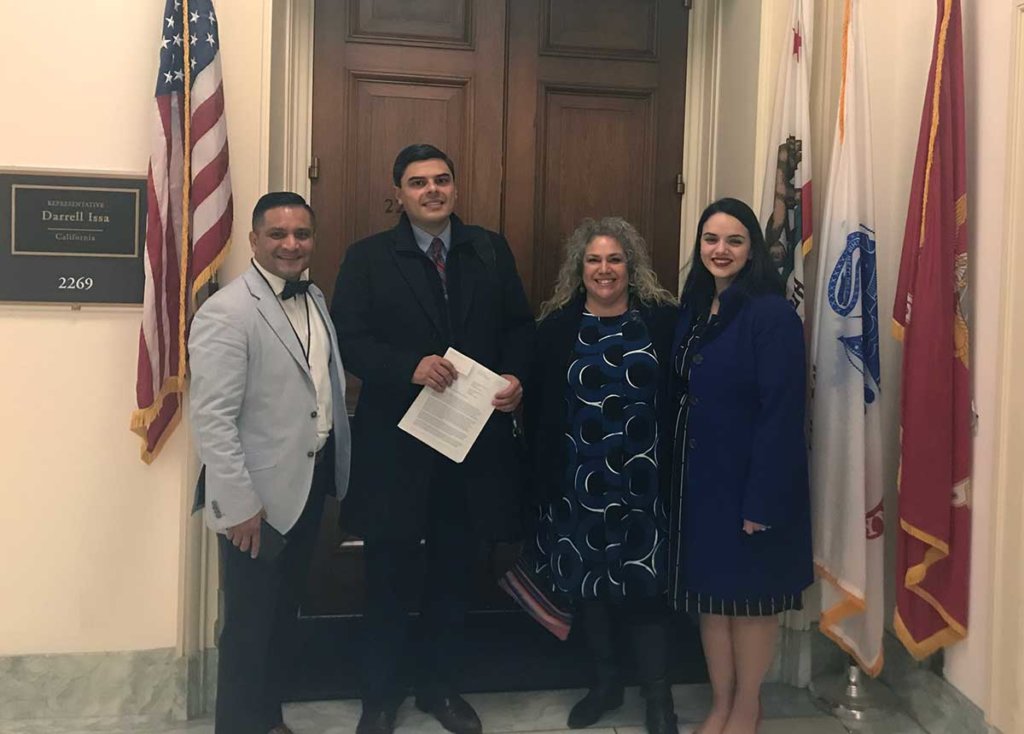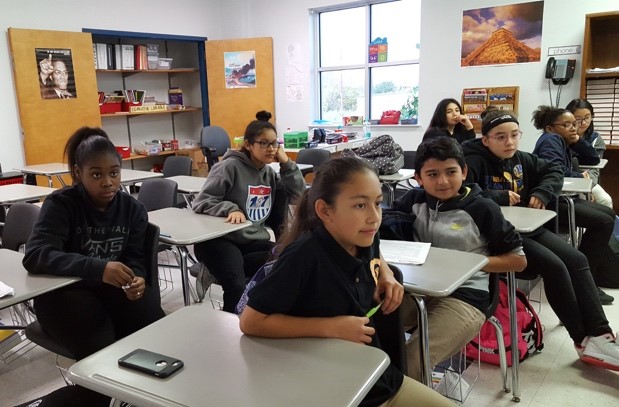What we can learn from Tennessee’s approach to equity
By Brenda Calderon, Policy Analyst, Education Policy Project
Bright and early on the first of March, advocates from across the state of Tennessee came out in droves to discuss one topic—how the state would tackle the newly signed Every Student Succeeds Act with a focus on the most vulnerable children. Representatives from NCLR, the National Urban League, the NAACP, and others gathered to talk about meeting the needs of the growing population of Latino and English learners in the state.
With welcome remarks by Renato Soto, NCLR Board Chair and Executive Director of NCLR Affiliate Conexión Américas, and Gini Pupo-Walker, Senior Director of Education Policy and Strategic Growth at Conexión Américas, the context was set—a new coalition would form to focus on educational equity for low-income students and students of color in the state. The partnerships to advance equity were further encouraged by Tennessee State Education Commissioner Dr. Candice McQueen. She provided an overview of the ambitious goals Tennessee would tackle to get every student ready for college and a career. The coalition, made up of school leaders, teachers, and advocates, developed priorities to address some of the most pressing issues in the state: excellent teachers for every child, strong accountability systems, and appropriate and equitable resources and supports for children.
Keep up with the latest from UnidosUS
Sign up for the weekly UnidosUS Action Network newsletter delivered every Thursday.
Soon, all states across the country will have to redesign their accountability plans to meet the new expectations set forth in the reauthorization of the Elementary and Secondary Education Act, recently renamed the Every Student Succeeds Act. Advocates have an important role to play as the new law requires stakeholder engagement in designing accountability plans in a state, meaning stakeholders have a say in determining what goals need to be set, the indicators of school quality, and what happens when schools continue to fail groups of students. The Tennessee Educational Equity Coalition is a great example of how stakeholders and representatives from school districts, civil rights groups, state education agencies, and the business community can come together to build a unified agenda to meet the educational needs of students in the state.



